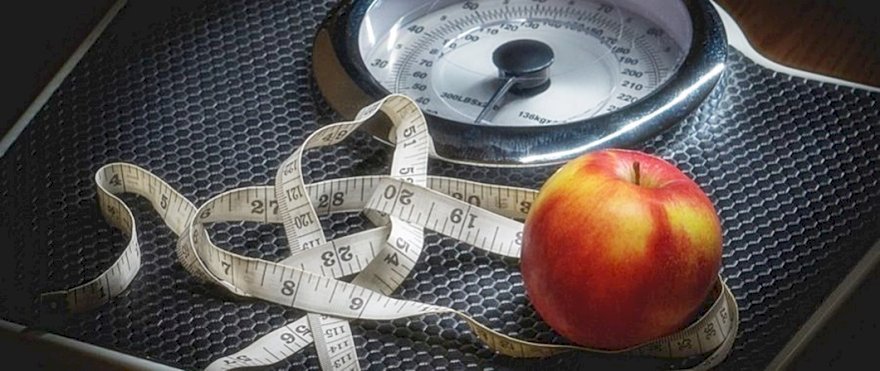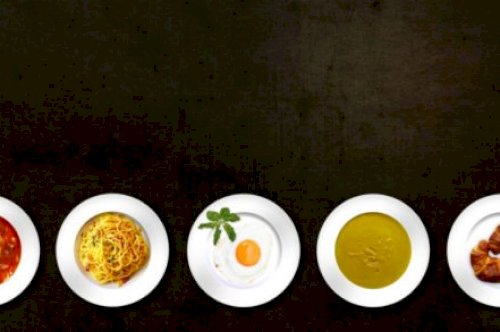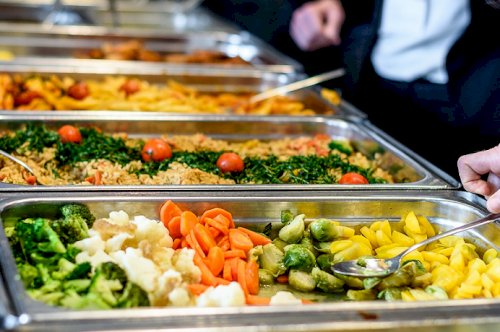Strategies to losing weight

Do you have trouble and problems with losing weight or difficulty sticking to a diet and keeping the weight you’ve lost off? These strategies will help take you control.
You probably already know how to lose weight – go on a diet, eat fewer calories, exercise more, eat more fruit and veg and buying low fat options. Then why do people struggle with dieting?
If you’re like many people, you have difficulty losing weight and keeping it off despite your putting your everything into losing weight – what do you think could be the best way?
First – your attitude to losing weight.
Research shows that one of the most important points that influences you to losing weight is your attitude, whether you believe it or not. Your attitudes can make changes you need in losing weight. What you think affects how you feel and the actions you take.
The best way to get a positive mindset is ‘getting your head straight’ about food and weight. It’s not something easy to achieve but once solved you will know. It is truly the key to success.
Secondly – understand why you eat.
When people talk about what prompts them to eat ‘hunger’ usually comes into the conversation. Some people need to remember what hunger really feels like, most people struggle with remembering because we are lucky to be in a society with plenty of food.
If you ever find yourself searching through your fridge and you’ve recently eaten or you don’t feel hungry you know that hunger isn’t the problem. It is more than likely negative emotion – feeling stressed, lonely, sad, angry, anxious, bored. These will trigger you to use food as a habit to feel better.
Your urge to eat can be so automatic that you will feel as if you lack in willpower or that you are out of control but it is a learned or conditioned response, because of this ‘non-hungry’ eating that is learnt, you can re-programme your response to the situations or feelings that trigger you to eat.
How to do it;
Your first step is to identify when these urges are about to happen. When you find yourself looking through your fridge when you have just eaten or you are not hungry, stop and ask yourself ‘why do I want to eat? What am I feeling? If you are not sure, think back to yourself ‘what was happening before the urge?’, then ask yourself ‘could there be another way to make myself happy without the use of food?’ Or you could talk to your urge, tell it that you are not actually hungry and it should have a response. Whatever strategy you may use, the more you break the ‘eating when you’re not hungry’ habit, the weaker the hold will become.
Thirdly – practise self-talk.
When you look in the mirror what way do you more talk to yourself A or B?
A: ‘I will never be able to become slim; I’ve lost half a stone in the space of four weeks. And I broke my diet plan last night; I may as well give the whole thing up now.’
B: ‘This diet plan is going really well, the half a stone I’ve lost is really showing a difference. I enjoyed the treat I had last night; now let’s try and loose this over half a stone.’
Both of these examples of ‘self-talk’ will influence how you feel and act. Self-talk can be either two things; positive and constructive. If you have had on-off problems with your weight over the years, it’s more than likely that you will have the ‘devil on your shoulder’. If you negatively self-talk to yourself it will trigger you giving up hope. The most powerful thing about self-talk. If you say ‘I will never become slim’ or ‘I still look fat’, these are the thoughts that will stay with us.
How to do it:
The first trick is to listen out for what you have been saying to yourself and keep track of it, by having a ‘food and feelings diary’. Then turn all the negative things you’ve said about yourself into positive talk, as like the examples of A and B. Think of how you want to look. You may want a picture of how you want to look. Keep this mind regularly.
Fourthly – really choose what you want to eat.
This strategy helps you manage your ‘non-hungry’ eating and weakens your hold. Choose foods from the kapha food list. This will come with practise.
Fifthly – have a mentor
Have a mentor who can support or guide you. This could be a friend or relative or better still someone who also wants to lose weight. Alternatively perhaps your local beauty salon, gym or local community may have a mentor or group to help you. A therapist could further support you in giving slimming massages and monitor your weight.
Ultimately the secret is to remember what you want to achieve and why.







